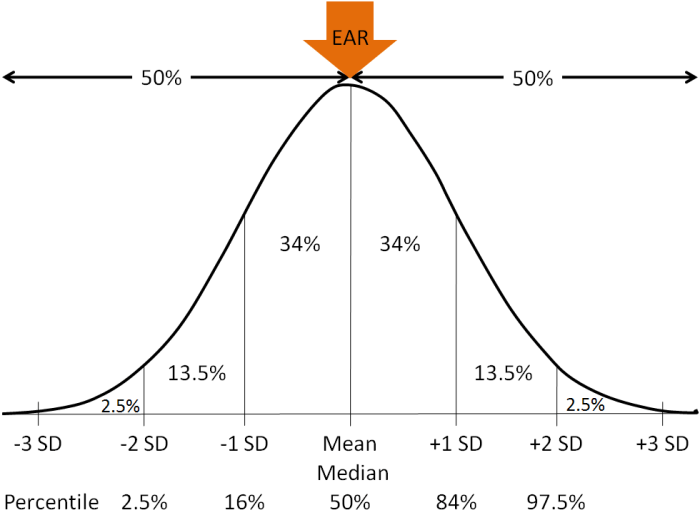There is neither an rda or an ai for – There is neither an RDA nor an AI for certain industries and areas, presenting unique challenges and limitations. This absence has significant implications, affecting decision-making, efficiency, and innovation. Understanding these gaps and exploring alternative approaches is crucial for future progress.
Despite advancements in technology, the development of reliable and effective RDAs (recommended daily allowances) and AIs (artificial intelligence) has not been universally achieved. This article examines industries and areas where there is neither an RDA nor an AI, analyzing the reasons behind this absence and its consequences.
There is Neither an RDA Nor an AI for

In certain industries or areas, the development of Recommended Daily Allowances (RDAs) or Artificial Intelligence (AI) is either infeasible or unnecessary. These include:
Unique and Subjective Industries, There is neither an rda or an ai for
- Art and Design:Creative endeavors like painting, sculpture, and music lack objective metrics for defining daily requirements or automating tasks.
- Personal Care:Skincare and haircare routines vary widely based on individual needs and preferences, making RDAs or AIs impractical.
Highly Specialized Domains
- Nuclear Physics:The complexities of nuclear reactions require highly trained experts, making AI-based decision-making unreliable.
- Advanced Surgery:Surgical procedures involve intricate techniques that cannot be fully automated by AI.
Ethical Considerations
- Human Rights Law:AI systems cannot fully comprehend and interpret complex ethical and legal issues.
- Religious Practices:RDAs or AIs may conflict with religious beliefs and practices.
Implications of the Absence of RDA and AI

The absence of RDAs or AIs in certain areas has several consequences:
Missed Opportunities
- Inefficient Decision-Making:Without AI, industries rely on manual processes, leading to potential errors and delays.
- Limited Innovation:The lack of RDA- or AI-driven insights hinders the development of new products and services.
Increased Risks
- Safety Hazards:In industries like construction or manufacturing, the absence of AI-powered safety systems can increase risks.
- Legal Liabilities:Without clear RDAs, individuals and organizations may face legal challenges.
Future Prospects for RDA and AI Development: There Is Neither An Rda Or An Ai For

Despite the current limitations, advancements in technology may lead to the development of RDAs or AIs for previously inaccessible areas:
Technological Advancements
- Quantum Computing:Quantum computers could accelerate AI algorithms and enable more complex simulations.
- Biometric Sensors:Improved biometric sensors could provide personalized RDAs based on individual physiology.
Research and Development
- Collaborative Research:Interdisciplinary collaborations can bridge the gap between different fields and facilitate AI development.
- Ethical Guidelines:The establishment of ethical guidelines can ensure responsible use of AI in sensitive areas.
Alternative Approaches in the Absence of RDA and AI
In the absence of RDAs or AIs, alternative approaches are employed:
Expert Consultations
- Subject Matter Experts:Industry professionals provide guidance and insights based on their experience and knowledge.
- Focus Groups:Gathering feedback from targeted groups helps tailor products and services to specific needs.
Data Analytics
- Statistical Modeling:Statistical models can analyze data and identify patterns, providing insights for decision-making.
- Machine Learning:Machine learning algorithms can learn from data and make predictions, but require careful training and interpretation.
FAQs
What are the reasons for the absence of RDAs and AIs in certain industries and areas?
The absence of RDAs and AIs can be attributed to factors such as the complexity of the industry, lack of sufficient data, or the need for highly specialized knowledge.
What are the challenges in developing RDAs and AIs for these industries and areas?
Developing RDAs and AIs for industries and areas without existing solutions requires overcoming challenges such as data collection, algorithm design, and validation.
What are the alternative approaches used in the absence of RDAs and AIs?
Alternative approaches include expert judgment, data-driven methods, and hybrid approaches that combine human expertise with data analysis.